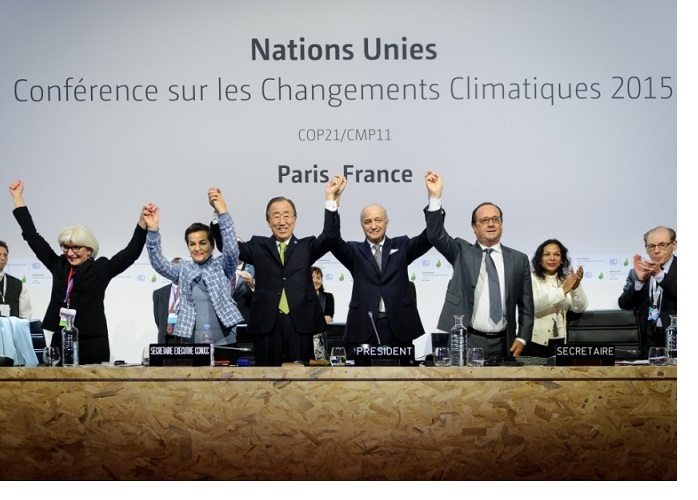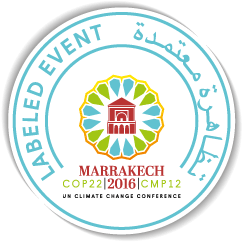
The international political response to climate change began at the Rio Earth Summit in 1992, where the ‘Rio Convention’ included the adoption of the UN Framework on Climate Change (UNFCCC). This convention set out a framework for action aimed avoiding “dangerous anthropogenic interference with the climate system.” The UNFCCC entered into force in 1994 and now has a near-universal membership of 196 countries. The main objective of the annual Conference of Parties (COP) is to review the Convention’s implementation.
To find out more about the UNFCCC and history of COP click here
Why does COP matter?
Last year’s COP21 in Paris proved historic, as a legally binding global climate target was agreed by all 196 member parties with the aim of capping climate change well below two degrees of warming.
This successful outcome provides the market certainty required to begin to drive a global low carbon transition. $100 billion has been pledged annually to support this process in developing countries, boosting the opportunities for innovation where climate change mitigation and adaptation is most urgently required.
Countries are now tasked with developing strong low carbon strategies, driving the partnerships and funding opportunities to accelerate this transition.
COP22 - this year taking place in Marrakech, Morocco, represents the first COP at which these pathways will begin to be identified, providing a platform for cross sector stakeholders to come together to build the future - join us by applying for your place at the Sustainable Innovation Forum here















-296x110.png)


-137x110.jpg)

-466x110.png)

